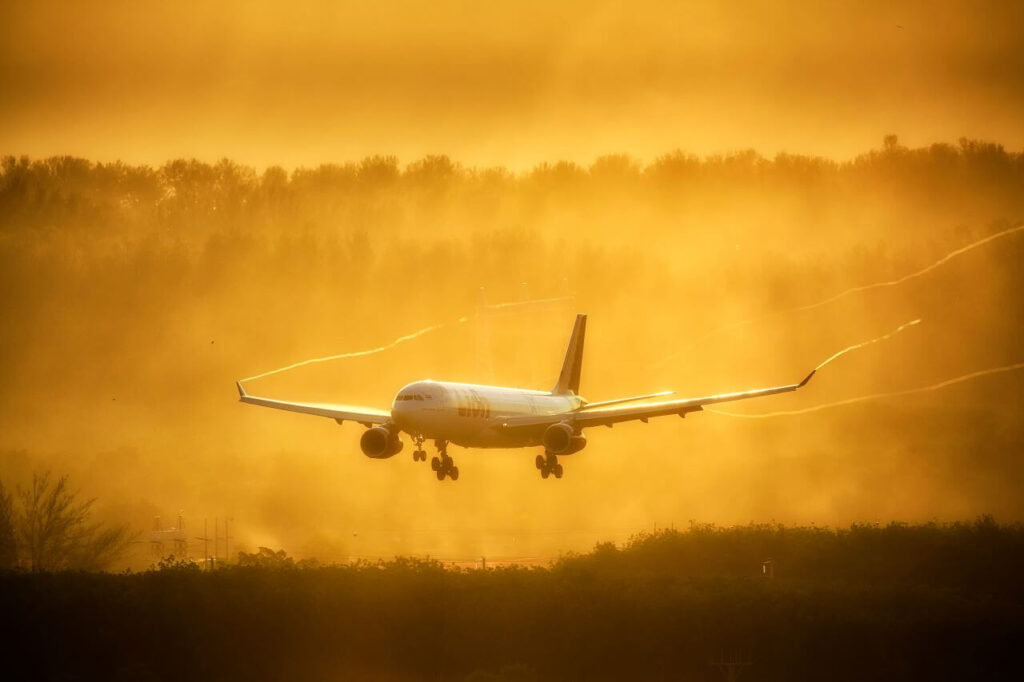Indonesia is reportedly considering halting the import of Airbus passenger aircraft as a result of a trade dispute with the European Union (EU). Retaliating over the EU’s imposed restrictions on the export of palm oil biodiesel, the Indonesian government is now aiming to hit where it hurts most – the European plane maker’s order book.
On August 12, 2019, the European Commission (EC) announced it is imposing provisional countervailing duties of 8% to 18% on imports of subsidized biodiesel from Indonesia. The EC states the measure is aimed at restoring a “level-playing field” for EU producers.
The Indonesian government has already proposed tariffs on some EU goods, but has now taken one step further. According to a report by Bloomberg, Indonesia’s Trade Minister Enggartiasto Lukita is encouraging home-based carriers to consider switching their outstanding Airbus orders to Boeing. The Trade Minister has reportedly already spoken with Lion Air’s co-founder Rusdi Kirana about the possible move.
Airbus’ latest order and delivery figures (as of July 31, 2019) show Indonesia’s largest low-cost carrier, Lion Air, has a total of 178 outstanding Airbus orders (all for single-aisle A320neo family jets), but currently operates only four Airbus aircraft (A330 wide-bodies). The order book does not factor in the airline’s commitment for another 10 A330-900neo jets. Lion Air has recently taken delivery of its first A330-900neo on lease from BOC Aviation.
Meanwhile, flag carrier Garuda Indonesia has 16 outstanding orders, including for two A320neos and 14 A330s, and currently operates 24 Airbus jets (all A330s). Garuda’s low-cost arm Citilink, which operates an all-Airbus fleet consisting of 51 jets (the A320 in both ceo and neo versions) and has also placed an order for 25 A320neo planes.
The impact of a possible halt on Airbus jet imports would certainly hurt Indonesia’s two major airlines as both have turned to planes by the European plane maker following the Lion Air Boeing 737 MAX 8 crash in October 2018, which took the lives of 189 people.
Both Lion Air’s and Garuda Indonesia’s only outstanding orders are for the 737 MAX, as the U.S. plane maker’s customer summary (through July 2019) indicates. Having taken delivery of 14 Boeing 737 MAX airliners, Lion Air has a total of 187 unfilled orders for the MAX. Garuda Indonesia has taken delivery of one 737 MAX jetliner with another 49 orders for the type left unfilled.
However, if Lion Air, Garuda Indonesia and Citilink were to proceed with cancelling their outstanding Airbus orders, the toll on the plane maker would amount to an estimated $31 billion, according to Airbus Commercial Aircraft 2018 list prices.
The European Commission launched an anti-subsidy probe into imports of biodiesel originating in Indonesia back in December 2018. The EC states that its “in-depth investigation found that Indonesian biodiesel producers benefit from grants, tax benefits and access to raw materials below market prices,” which threaten EU producers. As the investigation is on-going, definitive restrictions on imports of Indonesian biodiesel may be imposed by mid-December 2019.
According to the EC, the EU biodiesel market is worth around €9 billion a year, with imports from Indonesia reaching about €400 million. Indonesia, together with Malaysia, are the two major global producers of palm oil biodiesel, the production of which is considered to be a contributor to deforestation.

